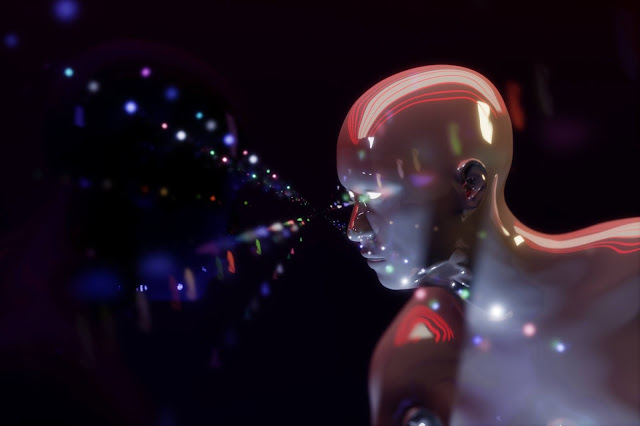Global Partnership on Artificial Intelligence
Global Partnership on Artificial Intelligence
Why in the discussion?
Recently India has joined the Global Partnership on Artificial Intelligence-GPAI as a founding member.
key points
Apart from India, other members associated with this initiative include all the major economies of the world, such as America, Britain, the European Union (EU), Australia, Canada, France, Germany, Italy, Japan, Mexico, New Zealand, South Korea, and Singapore, etc. Are included.
Global Partnership on Artificial Intelligence (GPAI)
The Global Partnership on Artificial Intelligence (GPAI) is an international and multi-stakeholder initiative, based on the responsible development of Artificial Intelligence (AI) and guiding the use in human rights, inclusion, diversity, innovation, and economic development.
In order to achieve the above goal, this initiative will try to bridge the gap between theory and practice in relation to AI with the help of state-of-the-art research and applied activities on priorities related to AI.
This initiative is the first of its kind to develop a better understanding of the challenges and opportunities associated with AI using the experience and diversity of participating countries.
Under the GPA initiative, industry, civil society, governments, and academics will be brought together in collaboration with partners and international organizations to promote responsible development of AI and develop a methodology to demonstrate that COVID-19 How AI can be leveraged to better deal with the current global crisis.
Global Partnership on Artificial Intelligence (GPAI) and India
By joining the Global Partnership on Artificial Intelligence (GPAI) as a founding member, India will be able to play an active role in the global development of Artificial Intelligence by leveraging its experience of using digital technology for inclusive growth.
It is noteworthy that India has started leveraging AI in various fields like education, agriculture, healthcare, e-commerce, finance, telecom with a view to human inclusion and empowerment through its various initiatives in the last few years.
Meaning of Artificial Intelligence (AI)
The beginning of the past of modern Artificial Intelligence (AI) can be traced by philosophers in an attempt to describe human thought as a symbolic system.
However, the formal inception of Artificial Intelligence (AI) dates back to the 1950s. Artificial intelligence refers to artificial intelligence developed by artificial means.
Through this, a computer system or robotic system is created, which is attempted to run based on the same logic on which the human brain functions.
Simply put, Artificial Intelligence (AI) refers to developing the ability to think and make decisions in a machine.
Importance of Artificial Intelligence (AI)
According to NITI Aayog estimates, if AI is adopted correctly in India, it will result in a 15 percent increase in the gross value added of the economy by the year 2035.
AI can prove to help increase access and affordability of quality healthcare.
In agriculture, this technology can contribute to increasing farmers' income, increase agricultural productivity, and reduce wastage.
Through this, the quality and access to education can also be improved.
Artificial intelligence (AI) can prove to help build efficient infrastructure for the growing urban population.
Challenges related to Artificial Intelligence (AI)
Artificial Intelligence (AI) will change our way of living and functioning. Techniques such as robotics and virtual reality will see revolutionary changes in production and manufacturing methods. According to an Oxford University study, in the US alone, one and a half million jobs will end in the next two decades.
Experts say that if the robots thinking and understanding start thinking of humans as their enemies in some reason or situation, then it can become a big threat to humanity.





Comments
Post a Comment
If you have any doubts. Please let me know.